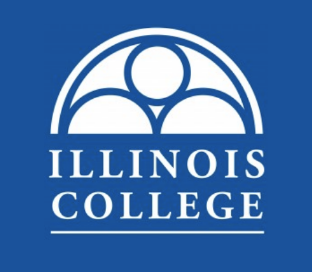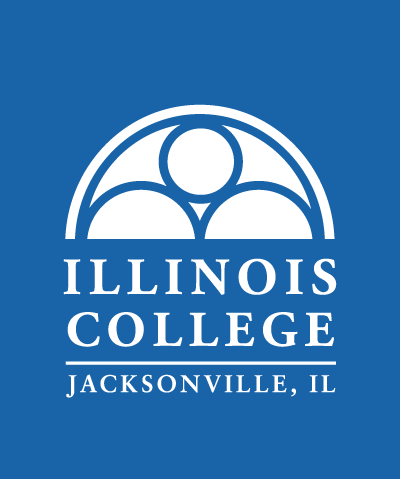The events and characters that tell our story are extraordinary. The Rev. John M. Ellis, a Presbyterian missionary in the East, saw the need for a “seminary of learning” in the new state of Illinois. His plans drew the attention of Congregational students at Yale University, and seven of them, in one of the famous “Yale Bands,” came westward to help found the College. The first president of Illinois College was Edward Beecher who left his position at the Park Street Church in Boston and firmly imbued the new College with New England traditions and academic foundations. His sister, Harriet Beecher Stowe, author of the influential anti-slavery novel, Uncle Tom’s Cabin, visited the campus, and his brother, Henry Ward Beecher, preached and lectured here. Beecher Hall, the first college building in Illinois, was built in 1829 and is still used today.
The first two college graduates in the state received their degrees from Illinois College in 1835. The best-known alumnus, William Jennings Bryan, Class of 1881, was a three-time candidate for president of the United States, secretary of state and congressman. U.S. senators, congressmen, state governors and federal judges are among the many Illinois College graduates who have gone on to influential careers in public service.
Among the visitors and lecturers on campus during the early years were Abraham Lincoln, Ralph Waldo Emerson, Bronson Alcott, Mark Twain, Horace Greeley and Wendell Phillips. Many speakers, including Lincoln, were sponsored by literary societies, unique traditions that continue today on campus as centers for literary debate and criticism.
Illinois College was a center of the abolitionist movement. President Beecher was an outspoken opponent of slavery. A grand jury indicted a group of students for harboring runaway slaves, and two campus houses are believed to have been part of the Underground Railroad.
The College became co-educational in 1903 by incorporating the Jacksonville Female Academy. In 1932 the society of Phi Beta Kappa established a chapter at Illinois College, and it remains one of only 11 in the state.


